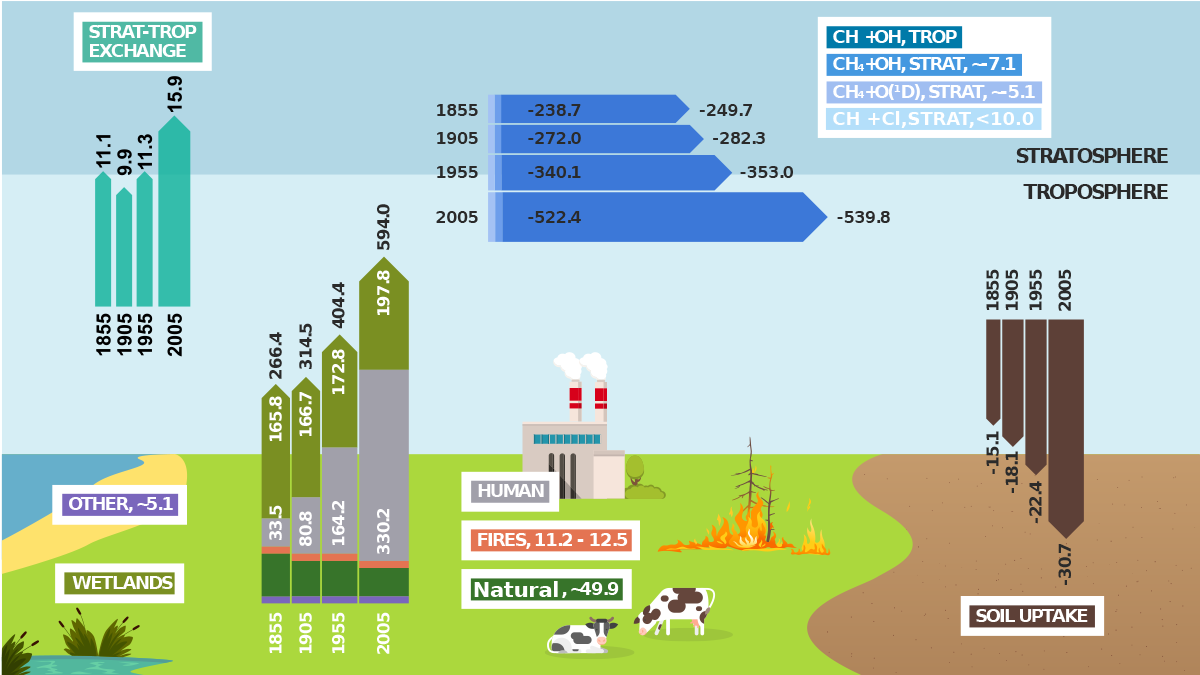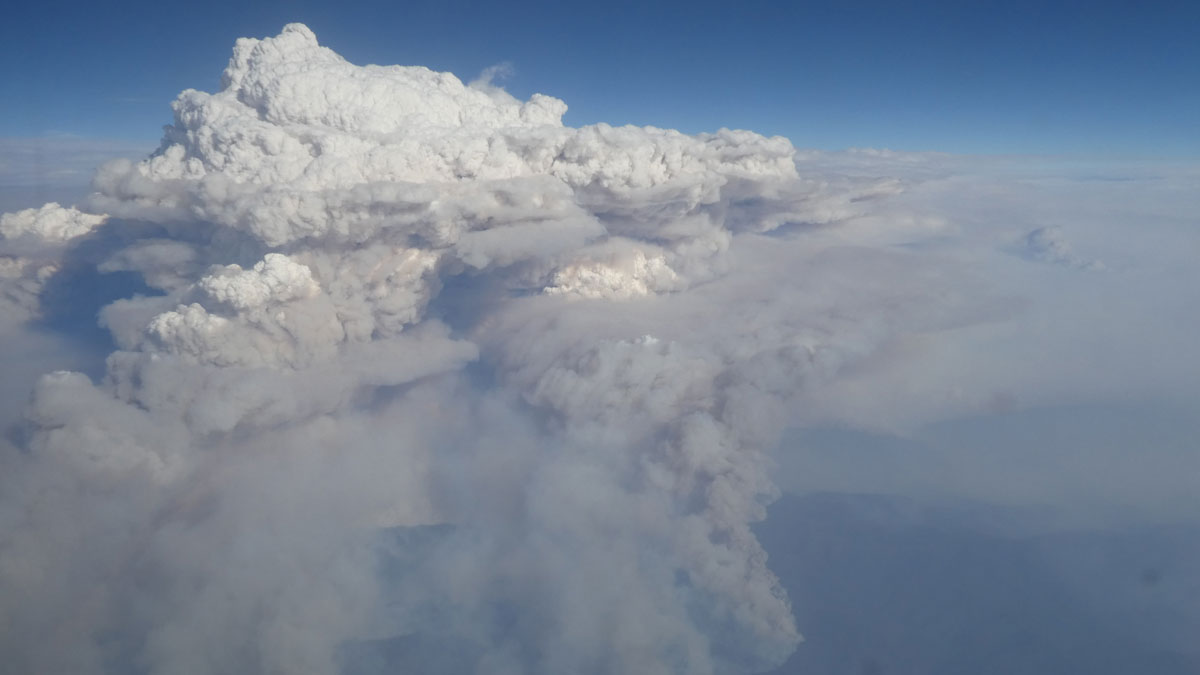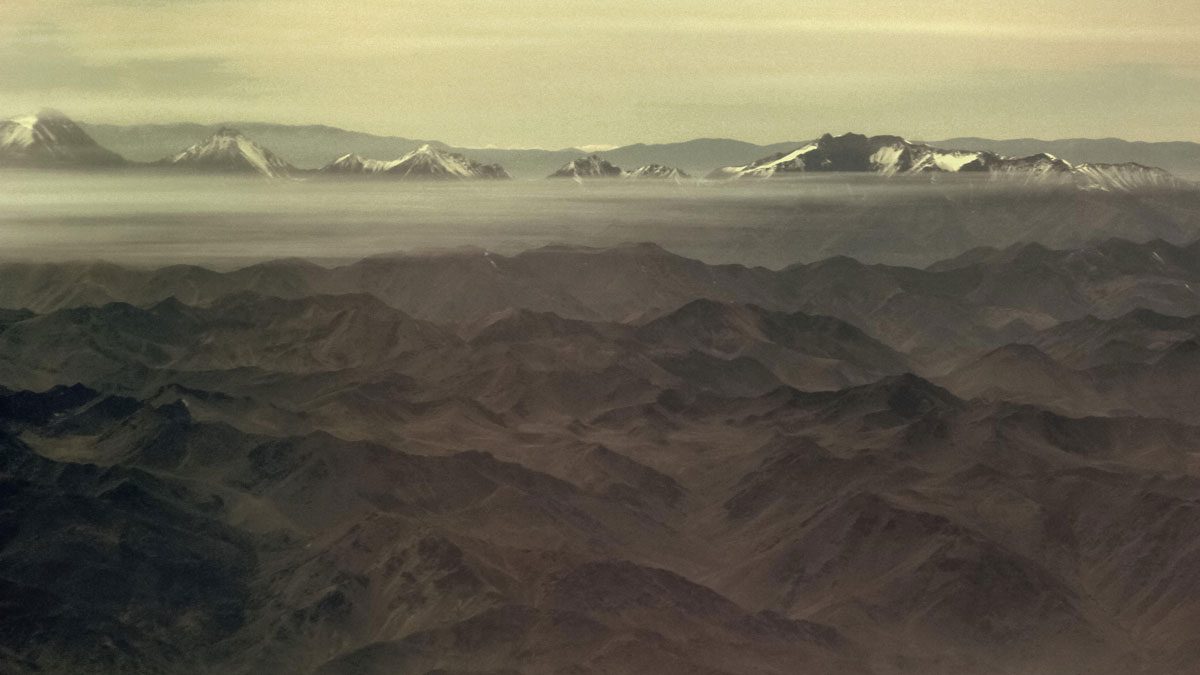Twelve papers formed the scientific basis for fast action to strengthen the treaty, which was already safeguarding stratospheric ozone, so it also protects the climate by reducing super pollutants.
ozone
Ozone, Water Vapor and Temperature: It’s a Complex Relation
Solar occultation observations from the ACS/MIR instrument provide coincident profiles of O3, H2O and temperature, shedding light on correlations and unveiling knowledge gaps in Mars’s photochemistry.
A Significant Advancement in Modeling the Global Methane Cycle
The capability to fully model the global methane cycle advances the international climate science community’s ability of providing essential evidence to underpin climate mitigation policy.
Community Scientists Help to Beat the Heat
As cities face health threats from heat and air pollution—both expected to worsen from climate change—researchers pilot a community scientist effort to map air quality and improve urban health.
Despite Improvements, China’s Air Remains Unsafe
Toxic particulate matter has decreased by about a third over the past decade, but levels are still above what’s considered healthy.
Arctic Ozone Loss Brings Warming to the Near Surface
New research confirms that ozone loss over the Arctic can lead to widespread warming near the Artic surface during late winter and early spring.
Air Pollution Linked to Adverse Mental Health Effects
Adolescents exposed to higher levels of ozone experienced an increase in depressive symptoms.
Australian Wildfires Linked to Ozone Layer Depletion
New research shows that the Black Summer bushfires damaged the ozone layer, eliminating a decade’s worth of progress.
Air Pollution Was Reduced During the COVID-19 Pandemic
A decrease in emissions of ozone precursor gases during the COVID-19 economic downturn likely explains the unusual reduction in ozone concentrations observed during the spring and summer of 2020.
Iodine-Laden Desert Dust Is Eating at Ozone Pollution
In a happy accident, scientists found a potential solution to an atmospheric chemistry mystery. Their findings could be a missing piece in the iodine cycle and in atmospheric models.










